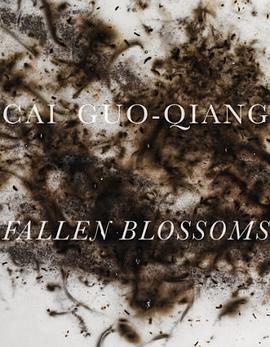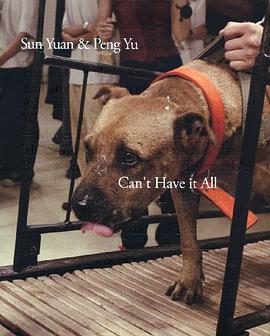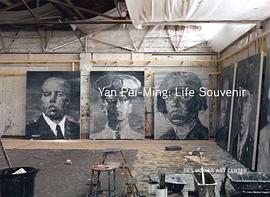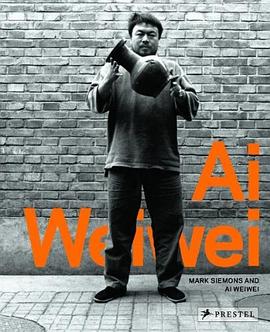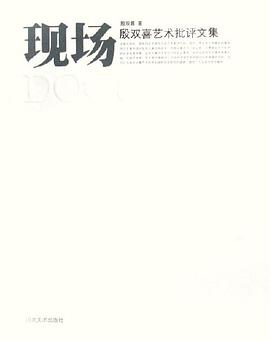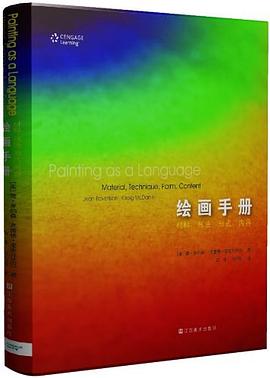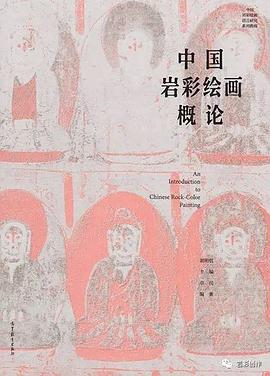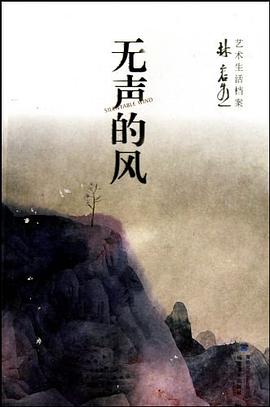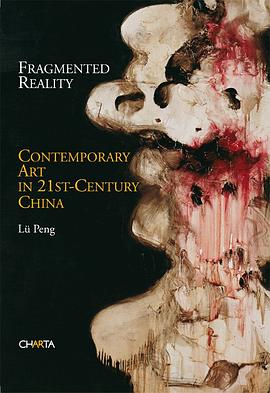

具体描述
This book examines the dramatic evolution of contemporary art in mainland China during the first decade of the new century. Leading art historian Lü Peng presents the complex narrative of an entirely new art system, independent of the Communist Party and now aligned with the art market, that emerged in China between 2000 and the present day. This momentous transition saw many of the movements that characterized Chinese art in the 1980s and 1990s fall by the wayside; while the generation of artists born in the 1950s and 1960s continued to contribute to what had become the New Art of the previous century, younger artists born in the 1970s and 1980s began to express a new and highly original sensibility, based on personal experience and radical experimentation, that confronted
the increasing fragmentation of Chinese society. Central to the author’s approach is an analysis of what he calls the “ecology of art,” which examines the many interrelated phenomena—economic, political, cultural, and infrastructural— that have impacted art practice in China during this pivotal time. Picking up where he left off with his definitive History of Art in 20th-Century China, Lü Peng’s Fragmented Reality: Contemporary Art in 21st-Century China is an unprecedented historical work that provides the first true foundation for considering what the future of Chinese contemporary art may bring.
作者简介
目录信息
读后感
评分
评分
评分
评分
用户评价
相关图书
本站所有内容均为互联网搜索引擎提供的公开搜索信息,本站不存储任何数据与内容,任何内容与数据均与本站无关,如有需要请联系相关搜索引擎包括但不限于百度,google,bing,sogou 等
© 2025 book.quotespace.org All Rights Reserved. 小美书屋 版权所有

